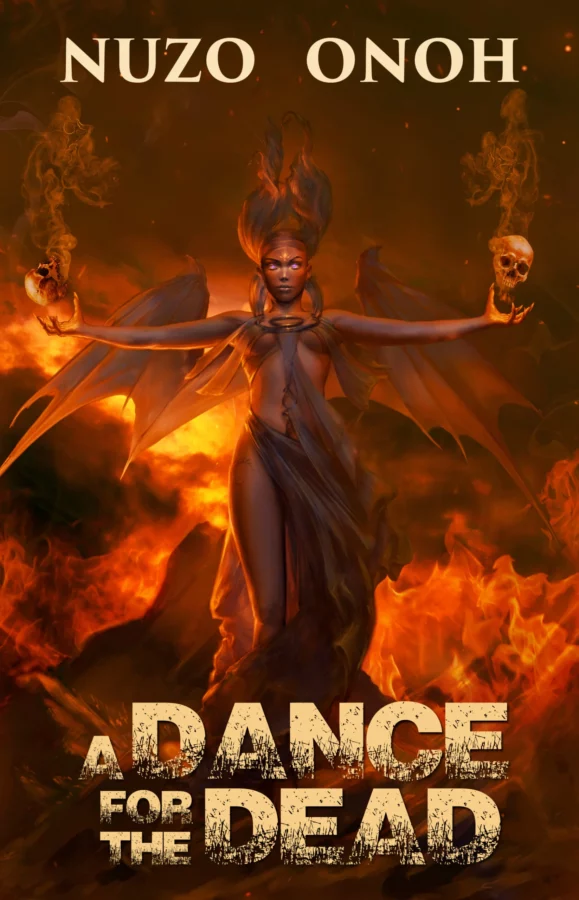Award-winning Nigerian-British author of speculative fiction, Nuzo Onoh is among the pioneers of establishing the literary subgenre of African horror.
The author, who is referred to as the “Queen of African Horror” by her ardent fans, believes that receiving an esteemed literary award is a sign that African folk horror has at last achieved international recognition. The Horror Writers Association (HWA) presented Nuzo Onoh with the Bram Stoker Lifetime Achievement Award in June. Her writing “showcases both the beautiful and the horrific in the African culture,” according to the article, which called her a pioneer of the African horror literary genre.
Read Also:
Kenyan writer Idza Luhumyo wins Cain Prize for African Writing
In an interview with BBC, the writer relished over how proud she was to be part of the change in the African literary scene. She said; When I started writing, if you googled ‘African horror’, what you would get was AIDS, war, famine. But now you’ll get books and films. They are part of the literary genre pool.

Onoh, an Igbo native, was born in Enugu in southeast Nigeria. A Dance for the Dead, her most recent book, makes extensive use of Igbo customs and culture. Diké, a fictional figure and the first son of the monarch of Ukari is followed on his quest for forgiveness. The author says that promoting culture through the horror genre’s prism might lead to misunderstandings as well. She claims that some of her local critics have called her art “satanic.”
Onoh, who is now in her early 60s, has a unique connection with the horror subgenre. ‘I am terrified of ghosts and darkness. I still sleep with a bright light on. I can’t sleep without it,’ she remarks. She highlights that horror stories have always come naturally to her even though she has always struggled to watch horror films or read horror books.
Subscribe to our YouTube channel Switch TV
She thinks it’s a way to deal with the horrific things she actually saw while growing up during the Biafran war, which lasted from 1967 to 1970.
















